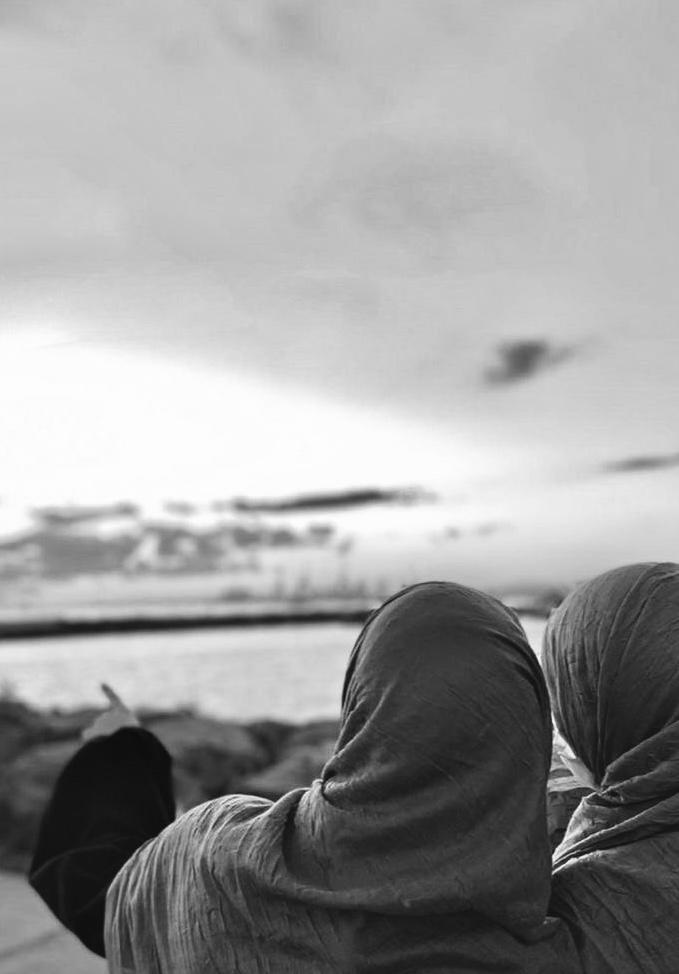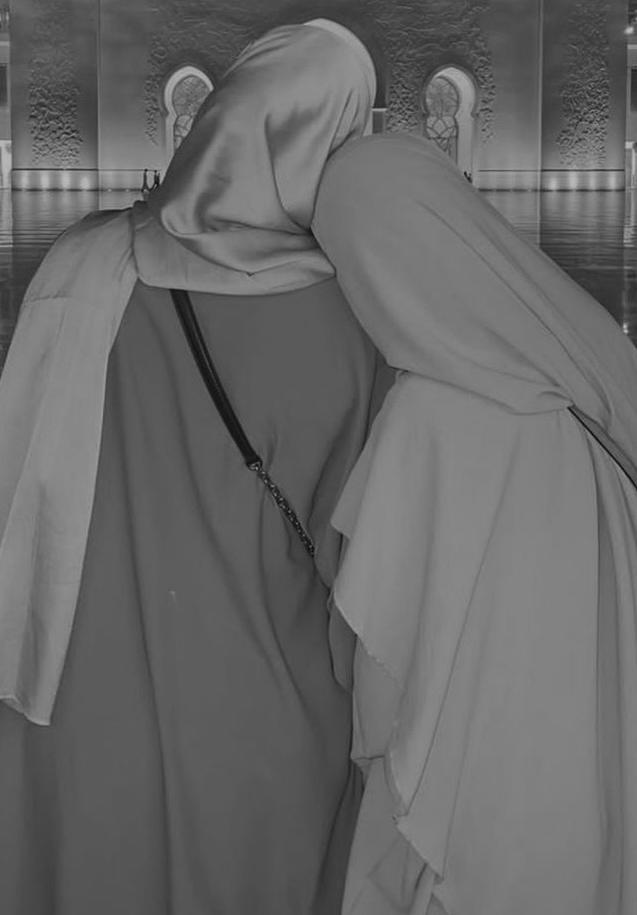Introduction
There are just under 20,000 Muslims living in the borough of Kensington and Chelsea and Muslim women make up a fairly large portion of North Kensington’s population itself. Unfortunately, in many communities, mental health is a very taboo subject with a stigma around it. The impact of the Grenfell fire, for example, was felt by the entire local area, and leaves the Muslim community heartbroken to this day. 70% of those who lived in the tower were Muslim and just over 54% of those who passed away were Muslims, showing how expansive that network of grief is in a community that stigmatise mental wellbeing and view it as a weakness. Through this project, I set out to explore what mental well-being services there are available, if there are enough, and how they benefit the Muslim community, specifically Muslim women.
I conducted interviews with the professionals in North Kensington’s mental well-being spaces. I asked the professionals about access to mental well-being support in North Kensington and how Muslim women feel talking about their own mental well-being. We also discussed the stigma surrounding mental health
and questioned whether there are enough spaces for Muslim women to seek help and how to make more of these women open to actively improving their mental well-being.
As mental well-being is an extremely intimate and personal topic, I decided to interview Muslim women in pairs or groups with other women that they were comfortable with. I wanted there to be an overarching theme of support, sisterhood. Sisters by religion yet also sisters in the literal sense; women who have spent their lives together in North Kensington; sisters ‘by blood’ or sisters ‘by friendship’, who have supported each other in life and are comfortable sharing their thoughts and experiences. I kept hand-written notes instead of audio-recording the interviews. I wanted the interviews to be as relaxed and casual as possible so that the women would feel more comfortable speaking their minds. The women I interviewed spoke eloquently about their understandings and experiences of mental wellbeing and impressions of mental health services. In this zine, as much as possible, I present their ideas in their own words.
“Opening up to a friend sometimes means opening up to the whole community. There’s a general lack of awareness when it comes to these things.”
- Zohra

“You need to feel like you’re understood and can be related to, to have that confidence that you can be helped. To understand what it’s like being an ethnic minority in Britain, what it’s like to be a woman - a Muslim woman. To know how we feel.”
- Hafsa
“Our generation of older parents worry about how to raise our children. Britain isn’t where most of us were raised and we don’t know what it’s like for our kids and what challenges they face as children of immigrants. No one worries about themselves, we’re always thinking about those around us. Some of us might compare their family dynamics to the traditional white British family and the idea of a ‘perfect mum’ in a place where we have no idea what childhood looks like. People parent the way they are parented, both mothers and fathers need to be willing to change but it frightens a lot of people to deny how you were raised and what you were taught to be right



“I’ve been searching on the NHS directory for a Black Muslim Female therapist, someone who is just like me and will understand me, but there wasn’t a single one when I looked through it. A white male therapist will never be able to fully understand me because we have lived very different lives.”
- Mumtaz

“Feeling conscious about how we dress as we’re easy to identify as Muslimahs (Muslim women)’. Sometimes, you can’t help but think that is all someone sees - ‘just your hijab’. It’s a blessing and I am proud of it and who I am, but you can’t help thinking about it sometimes. I don’t want to feel like I’m ‘just another Muslim’ when I’m giving a complaint at a store. Islamophobia is frightening.”
- Nadia





“Having girl’s coffee mornings, evenings, game and quiz nights at our community centres and mosques just for Muslim girls. It will build such a strong network for the girls who were raised here. They need as much exposure as possible: hire a professional to keep websites up to date and easy to use, post on social media accounts on different platforms, create brochures and post them wherever they can - make sure no one is left behind.”
- Nasteexo

